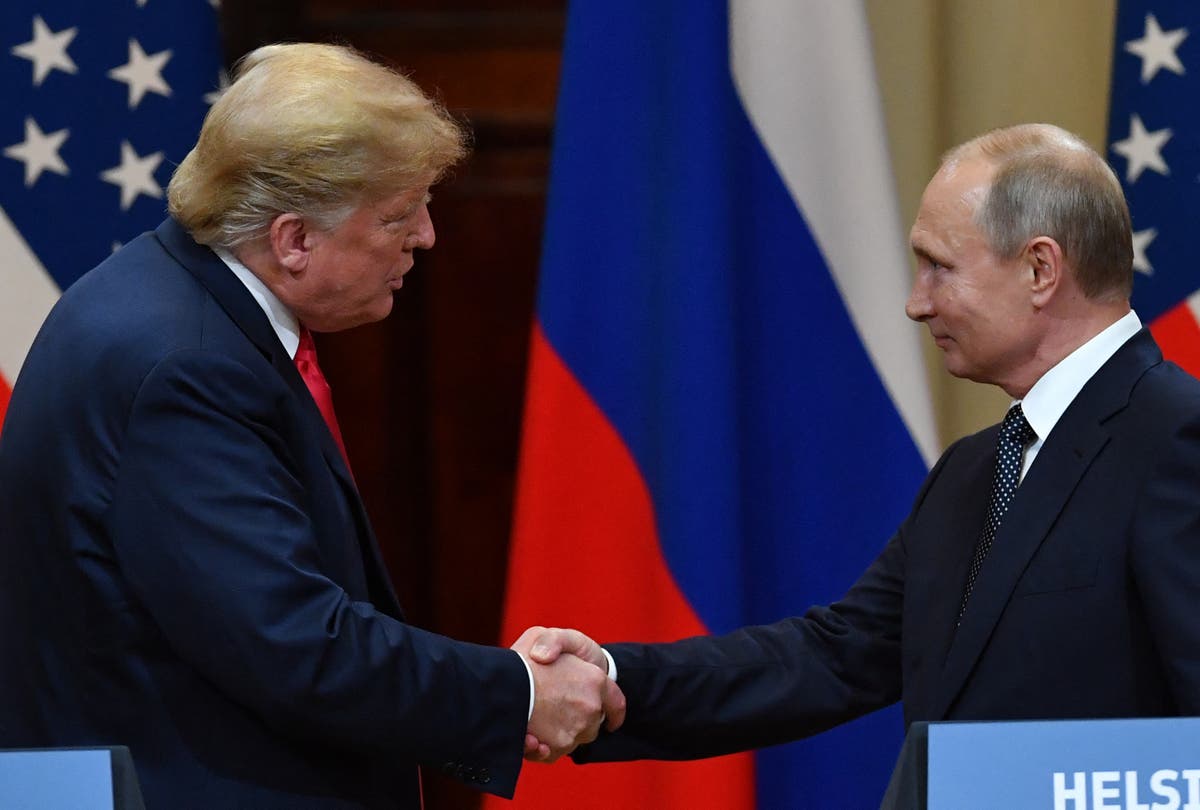Al Jazeera Net correspondents
Tunisia- The escape of 5 of the most dangerous extremist elements accused of involvement in assassinations and “terrorist” attacks in Tunisia yesterday, Tuesday – from the Mornaguia prison, which is the toughest and most heavily guarded prison – raised many fears and doubts among Tunisians towards the state agencies, and the most urgent question on social media platforms has become about the possibility that… The smuggling operation is organized.
The five militants who escaped from Mornaguia prison are accused of serious terrorist operations, including the assassination of leftist leader Chokri Belaid on February 6, 2013, and leftist leader Mohamed Brahmi on July 25, 2013.
Shocked reactions
Social media users likened the prisoner escape – which stunned Tunisians – to the American series “Prison Break,” which tells the story of an innocent man who is sentenced to death and thrown into prison. His only hope remains in his younger brother, who commits a crime in order to send himself to prison and put him in prison. A plan for their escape together.
However, unlike the series in which maps of the prison and its tunnels were used, pictures from inside the Mornaguia prison showed that the escapees used traditional methods to cut iron bars for a small window in a cell overlooking a courtyard inside the prison, and a rope they used to descend from a watchtower above the outer wall, in the Mornaguia area, which is slightly isolated from the capital.
Social media users shared photos taken by guards inside Mornaguia prison after the escape of the five prisoners, and some asked mockingly: How could a prisoner with a huge physique escape through a small window opening in a cell? How can they penetrate all the fenced walls inside a guarded prison like Guantánamo?
With the repeated dismissals yesterday of the director of Mornaguia prison, the director of the relevant departments, and the director of information at the Interior Ministry, and amid the continued absence of official information about the truth of what happened, puzzling questions remained in the minds of Tunisians about whether parties within the prison and security system were involved in the operation.
Big scandal
Leader of the opposition Democratic Current Party, Hisham Al-Ajbouni, says that the escape of the most dangerous terrorists – those involved in the assassination of leftist political leaders (Belaid and Brahmi) and those involved in other serious terrorist attacks in this way – represents a major state scandal by all standards, which has lost Tunisians’ confidence in the official state agencies.
Al-Ajbouni adds with surprise, “The Mornaguia prison is one of the toughest and most heavily guarded Tunisian prisons, and each of the five terrorists was placed in an individual cell, so they could not coordinate with each other to escape from the prison, which is full of prison and correctional officers, cameras and watchtowers, and fortified with high walls.”
The same speaker does not rule out the hypothesis that there was a penetration into the prison and security system, which enabled the smuggling of the five aggravated elements. The Interior Ministry quickly published their photos and names on social media, asking for help from Tunisians to help its security units find them because of the security threat they pose.
Al-Ajbouni says that the dismissal of the director of the Mornaguia prison should not have been limited to him, who was appointed about two months ago by Minister of Justice Leila Jaffal, and that the president should have included her in the dismissal because she directly supervises the prisons, suggesting that the process of smuggling prisoners, some of whom were sentenced to life or death, was carried out with complicity. From inside and outside the prison to destabilize security.
Holding accomplices accountable
The leader of the Popular Current Party, Mohsen Al-Nabti, says that what happened “is a crime against the martyrs who were assassinated by the hand of treachery, and against the entire Tunisian people,” expressing his shock and astonishment at the escape of the five most dangerous terrorists who are in the most powerful prisons, the most qualified to contain extremist and dangerous elements.
Al-Nabti dismisses the stories circulated on social media platforms regarding the escape of these prisoners, but he confirms that their escape is a message that the sponsors of terrorism at home and abroad still have long arms in Tunisia, and that they are still strong and capable of committing the most courageous assassinations and terrorist crimes in the country, as he put it.
He also says, “Today the Tunisian state is required to respond strongly and quickly, and to hold accountable everyone who committed negligence, failure, failure, or collusion, and to form a committee to investigate the truth about this scandal,” considering that the dismissals of some officials “weakened faith” and that they alone are not sufficient to erase this “scandal.” Which undermined public security in the country.



